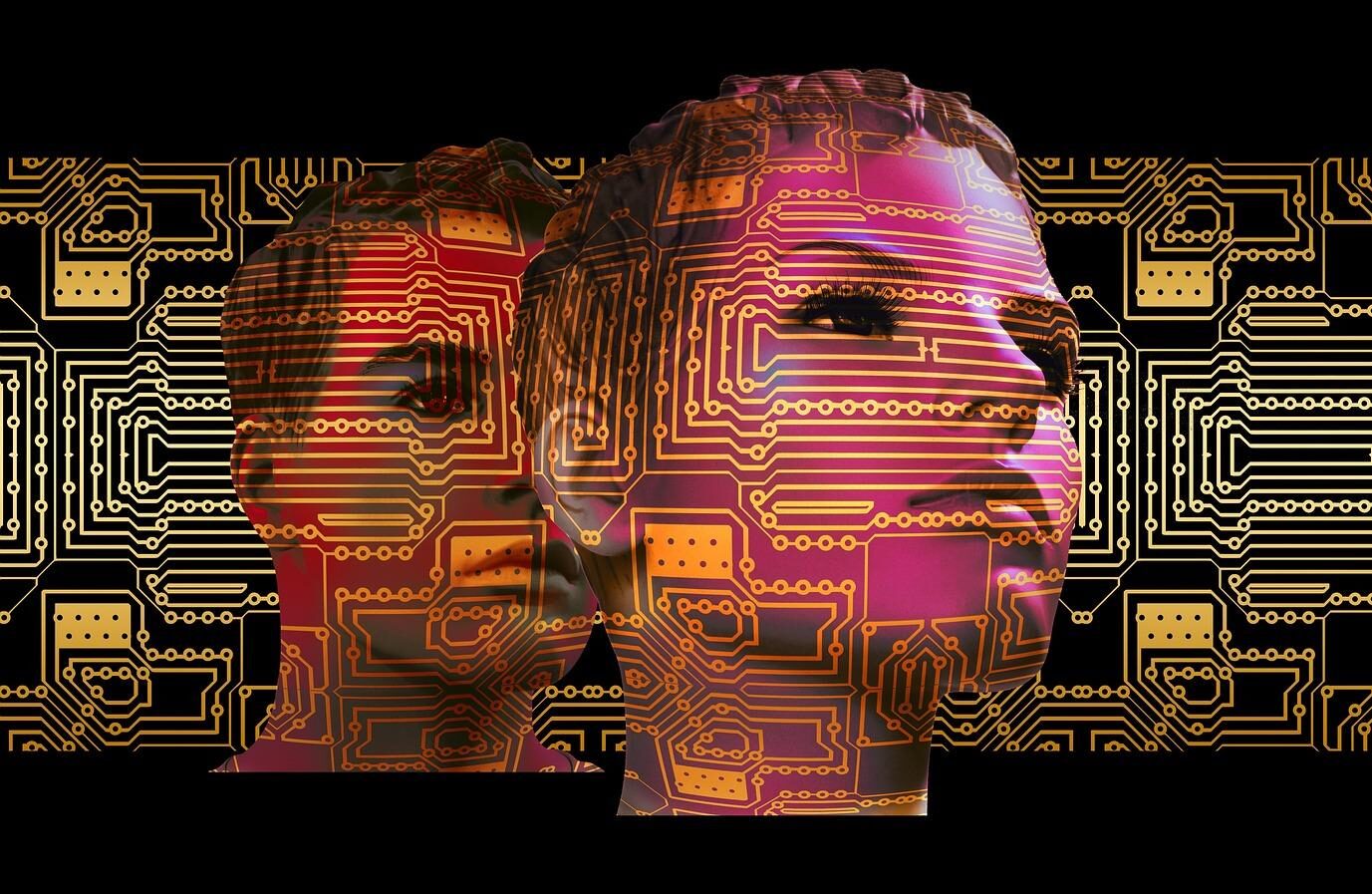
Listen to the article
There was a lot that happened during 2021. Out of hundreds of stories and reports, here’s our list of the five key technology events that defined the year.
Okay, saying that 2021 was an eventful year would be an understatement. Although restrictions eased, most of us still spent most of our time at home. As for technology, the peak in revenue and productivity witnessed in 2020 didn’t stop there, it continued into 2021. For example, e-commerce alone experienced a 10-year worth of growth in a matter of three months, says a 2021 McKinsey and Company report.
What does such a leap mean? That the technological progress in the upcoming decade may be greater than in the previous century.
The challenges brought by the current pandemic forced many institutions and businesses to test their system’s ability to adapt to a new environment. Most companies began looking for new challenges and new opportunities to innovate.
What were the biggest stories and challenges of this year? Out of the hundreds of news events, here are the five technology events that defined the world in 2021.
Are you ready for the Metaverse?
Founder and CEO Mark Zuckerberg turned the tech world upside down in early November when he announced Facebook’s rebranding to Meta. To him, the reason behind the change is embedded in the desire to guide humanity into the metaverse, a parallel space created to address all your needs.
Zuckerberg’s announcement created mixed reactions among the community. To those who’ve never heard about Metaverse before, the news came as a great opportunity to learn about the concept.
On the other hand, companies such as Microsoft eagerly joined the social media giant in the search for new technologies that pushed humanity into a virtual universe. And finally, experts and futurologists were polarised about the implications for humanity.
Whatever shape the Metaverse takes, we’re bound to hear more about it in the upcoming years. Also, the advancements in virtual reality (VR) and augmented reality (AR), the cornerstone of Zuckerberg’s Metaverse, will influence fintech, healthcare and a wide range of industries.
Read more about the Metaverse here.
Open banking: one of the key technology events
Throughout the pandemic, banks have fared pretty well. A cross-industry survey carried out by Accenture stated that 93% of the banks are now operating with a renewed sense of purpose. The challenges posed by the current scenario were filled with incredible opportunities for transformation and innovation.
This year, Goldman Sachs released a cloud-based software that allowed them to embed banking services to their own products. The bank’s new approach on corporate bank accounts promotes a new partnership ecosystem with great opportunities for revenue. Goldman Sachs’ pursuit of open digitally-led alliances is just one example of open banking.
Multiparty systems help banks and financial institutions gain greater resilience and adaptability, which unlock new ways of approaching the market. And those ideas, especially during the pandemic, are incredibly useful.
The revolution of hybrid work
The pandemic caused an incredible shift in our daily lives. The change was so abrupt it was hard for many to cope with the “new normal”. Overnight, we began doing everything from the comfort of our home: grocery shopping, socializing and working.
Work changed a lot. Those who were used to office life were now doing most of their tasks behind a screen. If set properly, remote work offers a lot of benefits: from more flexibility to do daily errands, increased productivity and job satisfaction, and less time invested in commuting. The sharp contrast in working conditions led people to re-think their priorities and, in many cases, resign.
In the United States alone, resignations shot around April and have remained high since then. This phenomenon, known as the “Great Resignation” pushed companies to rethink working conditions. Hybrid work became an excellent option. 70% of workers are looking for the best of both worlds: the flexibility of remote work and the warmth from in-person contact.
Read more about the Great Resignation here.
Modernizing legacy systems
Did you know that, during 2021, tens of millions of American workers had to wait weeks for their unemployment benefits because of delays related to antiquated systems? The current pandemic has made legacy systems a pressing issue. Almost 80% of all institutions run on third-generation languages such as COBOL, and more than half of IT costs are directed at maintaining such systems.
And these costs are likely to increase if an organization wants to continue operating.
So, where to begin? There are many options, but it really breaks down on what the organization or company wants and what offers the highest effect and value at the lowest cost. Modernization begins with an in-house discussion of where to go.
Read more about legacy systems here.
A financially inclusive world
Right now, one of the most popular topics in fintech is financial inclusion. Around 1.5 billion people remain unbanked, particularly in some regions in the Global South. These are all people that, because they live outside of the digital world, rely only on cash. Therefore, creating more efficient digital financial services can help specific populations access banking services.
Financial inclusion is a key concept behind the current boom in Latin American fintech. Ensuring greater access to financial services is also a way of closing economic inequality and mitigating the digital divide.
How are governments, financial institutions, and businesses working towards this? In the case of Brazil, Honduras, and Colombia, relaxing requirements or simplifying payment systems have been key strategies.
Read more about financial inclusion here.
Was this article insightful? Then, don’t forget to look at other blog posts and follow us on LinkedIn, Twitter, Facebook, and Instagram.












